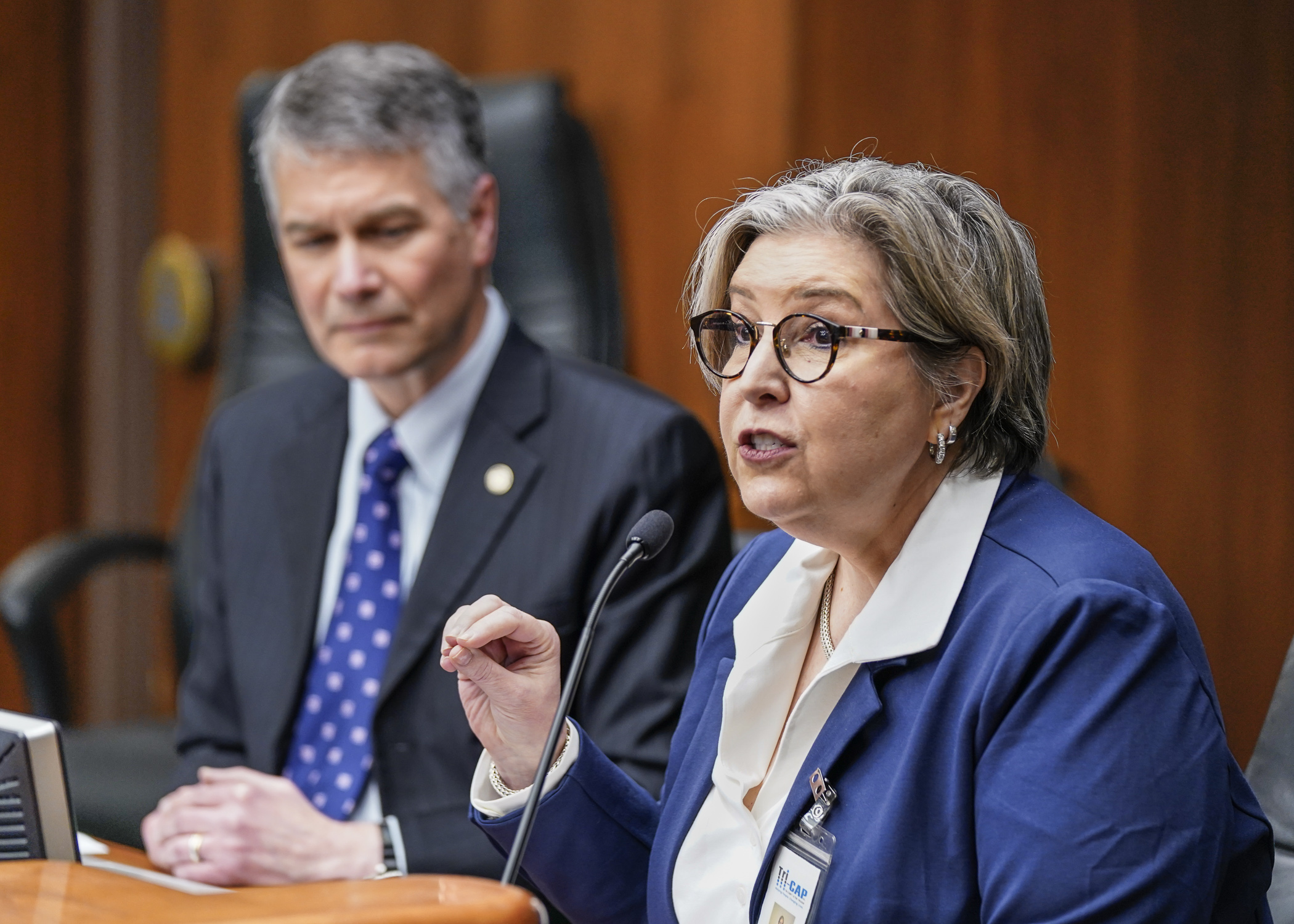Legislators consider expanding energy assistance program for low-income Minnesotans

When the mercury plummets and energy prices rise, that can be a dangerous divergence for those living in low-income households. But the same is true for when temperatures soar in summer. The state does help many with the federally funded LIHEAP program, which stands for “low-income home energy assistance program,” but it doesn’t extend to summer.
Rep. Larry Kraft (DFL-St. Louis Park) would like the state to expand the availability of such programs, so he’s sponsoring HF2493, which would create a supplemental state energy assistance grant program for low-income households.
The account would be funded with $100 million in fiscal year 2024, but that total would be available over a five-year period. The program would enable year-round assistance.
On Wednesday, the House Climate and Energy Finance and Policy Committee laid the bill over, as amended, for possible omnibus bill inclusion.
“No one should have to choose between heating or cooling their home and providing for their family,” Kraft said. “During the pandemic, residents received supplemental energy assistance help from LIHEAP. That has ended, but the need has not. … This could support an additional 18,000 households per year.”
“It’s really difficult in June when someone calls us because their utility service is about to be shut off, and we have to tell them that there’s no assistance available,” said Annie Levenson-Falk, executive director of the Citizens Utility Board of Minnesota. “At that point, we usually ask them to talk to their families or see if local houses of worship or food banks can help them out.”
Anyone making less than 60% of the state’s median income would be eligible, with funding levels varying depending upon household size. In addition to helping pay energy bills, grants could be used for emergency repair or replacement of a heating system.
Rep. Spencer Igo (R-Wabana Township) and Rep. Pam Altendorf (R-Red Wing) both raised concerns that the bill earmarks 10% of the appropriation for administrative costs and 8% for outreach and assistance for households in underserved communities.
“I know there’s some sticker shock,” said Jon Kelly, director of government affairs for the Commerce Department. “But it’s because it’s labor-intensive and we process a ton of these applications as a cold-weather state.”
Related Articles
Search Session Daily
Advanced Search OptionsPriority Dailies
Speaker Emerita Melissa Hortman, husband killed in attack
By HPIS Staff House Speaker Emerita Melissa Hortman (DFL-Brooklyn Park) and her husband, Mark, were fatally shot in their home early Saturday morning.
Gov. Tim Walz announced the news dur...
House Speaker Emerita Melissa Hortman (DFL-Brooklyn Park) and her husband, Mark, were fatally shot in their home early Saturday morning.
Gov. Tim Walz announced the news dur...
Lawmakers deliver budget bills to governor's desk in one-day special session
By Mike Cook About that talk of needing all 21 hours left in a legislative day to complete a special session?
House members were more than up to the challenge Monday. Beginning at 10 a.m...
About that talk of needing all 21 hours left in a legislative day to complete a special session?
House members were more than up to the challenge Monday. Beginning at 10 a.m...